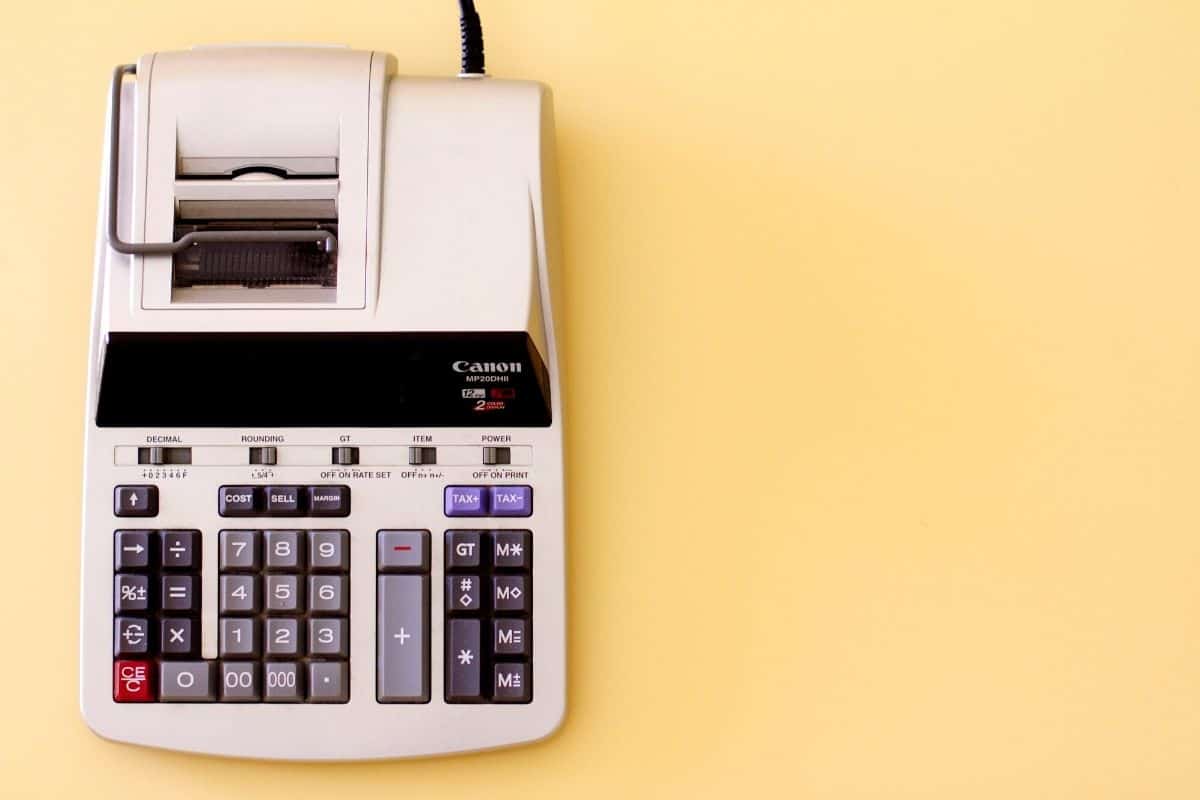Is House Hacking Taxable?
Yes, income earned from house hacking is taxable. However, there are many potential deductions that house hackers can claim in order to reduce total taxable income.
House Hacking Tax Deductions
Which of your expenses are tax deductible depends entirely on whether they pertain to the portion of the property that you rent out or the portion that you occupy.
Personal expenses related to the portion of the property where you reside are generally nondeductible.
In other words, you can only deduct expenses for the part of your property that you’re renting out.
These deductions should be reported on your Schedule E tax form (Form 1040). Any tax-deductible expenses that pertain to the portion of your property that is for personal use should be reported on your Schedule A tax form.
Read on for a more detailed look into the various tax deductions available to house hackers and the many ways that renting out those extra rooms can set you on a path to becoming a successful real estate investor.
Can You Depreciate a House Hack?
Yes, you can claim depreciation on a property that you are house hacking. You cannot however, depreciate a property that is held solely for the purpose of personal residence.
So, can you claim depreciation on an owner-occupied property in general?
Yes, but only for the portion of the property that is rented out, not for the entire property.
In order to determine how much of your property is depreciable, you’ll need to calculate what percentage of the home is for personal use and what percentage is for rental use.
If you own a property with distinguishable units, you can easily determine how much of the depreciation you can take by calculating the ratio of the units you are renting versus the units you are occupying.
For example, suppose you own a multi-family home with four separate units. If you occupy one unit and you rent out the other three, 75% of your property is depreciable.
If the property is not divided into clear units, you may want to calculate the percentage of depreciable property by determining the square footage occupied by you and by your tenants, relative to the total square footage of the home. This is a good method for house hackers who own a single-family home and rent out extra bedrooms.
It is worth speaking with a tax professional to figure out which depreciation method is right for you.
Mortgage Interest Deduction
While the tax benefits associated with depreciation are only available for the rental portion of a property, house hackers can benefit from a mortgage interest deduction on both the rental and the personal portion.
However, you should keep in mind that the personal portion of your mortgage and the house hacked portion are treated separately when it comes time to deduct expenses.
The rental portion of your mortgage interest should be reported on your Schedule E tax form while the personal portion should be reported on your Schedule A tax form.

House Hacking Expense Deductions
The following lists breaks down some of the most common expense deductions associated with house hacking.
- Management: House hacking may require the homeowner to foot extra costs associated with property management and maintenance. These extra expenses should certainly be recorded, tracked, and can typically be reported as deductions.
- Contractors: You may find that you need to hire a contractor to get your property ready for renting, the cost of which can be counted as a house hacking expense deduction.
- Inspectors: Since house hackers take on responsibilities similar to those of a landlord, it is important to take similar precautions like setting up regular inspections. Home inspections can save you from potentially costly issues in the future, and the associated expense can often be claimed as another deduction.
- Legal and Accounting Fees: House hacking will almost certainly complicate the legal and accounting processes associated with owning a property. As a result, you should hire a real estate lawyer or a certified tax specialist to help you cover your bases and make the most of your real estate investment. These expenses are directly related to your responsibilities as a house hacker and should be reported as another deduction.
- Utilities: If you are paying the total cost of utilities for your property, you can deduct the expenses that pertain to the units or rooms that you are renting out. You cannot deduct the cost of utilities for your personal portion of the property or the cost of utilities that are already being paid for by your tenants.
- Property Taxes: Similar to mortgage interest deductions, property tax deductions will be reported separately depending on the portions of your property that are for personal use and rental use.
- Other Expenses: Whether you’re paying for repairs, buying supplies from a home improvement store, or setting up a home office to manage your rental units, all expenses associated with the rental portion of your property should be recorded and reported. Be sure to stay organized and save all invoices and receipts for anything you might spend on your house hack throughout the year. This way you can maximize your deductions when it comes time to do your taxes.
Above all, be sure to discuss your deduction options with a tax professional, as things can get complicated very quickly. A tax professional can help to make sure you are entering deductions properly and are claiming the most off of your taxes as possible.
Homeowners Deductions
House hackers may also benefit from homeowners deductions related to local property taxes. Since you are living in the property, you likely will have access to a homeowner’s deduction offered by your local tax authority, which will directly lower your property tax bill.
House Hacking Taxes
In sum, the tax benefits associated with house hacking can prove advantageous to the financially savvy homeowner.
Although house hacking is indeed taxable, the plethora of available deductions are very effective in helping the house hacker reap the benefits of renting out that extra space and getting started in real estate investing.
That being said, house hacking adds a layer of complexity to your taxes, and the nuances involved in splitting a property for personal and rental use can complicate things when it comes time to report your expenses and claim deductions.
If you want to be absolutely sure that you’re filing your taxes correctly and taking advantage of all tax-deductible expenses, you should definitely consult an accountant or tax professional with significant experience handling real estate deductions.
This website, and any communication stemming from it, should not be taken as financial or legal advice for your specific situation. Consult directly with a licensed financial professional should you need investment advice and consult directly with a licensed attorney directly should you need legal advice. Assume all links are affiliate links. I am an Amazon affiliate.


